ECYC report: the 2nd EU Youth Conference
ECYC report: the 2nd EU Youth Conference
Last week, ECYC participated in the 2nd EU Youth Conference (EYC) of the 5th cycle of the Structured Dialogue on Youth. You don't know what the Structured Dialogue is? Take a look at our infographic via this link.
The aim of this EYC, which took place in Kosice, Slovakia, was to develop 16 joint recommendations to national governments and the European Commission on how to enable "all young people to engage in a diverse, connected and inclusive Europe". The recommendations will then be used as the base for future youth policy in the EU. To read them, click on this link!
The main topics of this EYC were:
- Access to quality and critical information
- Young people under pressure: building resilience and self-confidence
- Beyond fear and intolerance - Experience diversity
- Towards an education system that realises young people’s potential
- Fostering young people’s engagement in society in particular for vulnerable groups
- Rebuilding the trust of young people in the European project
- Mobility programme: employment and education for all
- The impact of youth work and youth organisations for all
ECYC's representative participated in the workshop on youth work. However, if you are interested in knowing more about any of the other workshops, contact us at ecycsecretariat@fcjmp.be. Concerning youth work, three points were underlined several times in the results of the online and face-to-face consultations that National Youth Councils and International Youth NGOs held this summer: 1) the importance of infrastructures such as youth centers and youth clubs, as well as of networks of youth workers; 2) better funding for youth work; 3) creating “bridges” and dialogue between different youth organisations.
Starting from this, we worked on three recommendations. The first one laments the lack of proper spaces to do youth work. The final text of the recommendations reads:
“Member States and the European Commission should promote and support a range of virtual and physical spaces dedicated to qualified youth work in order to respond to the needs and interests of all young people”.
The second recommendation focused on the creation of a national programme to fund exchanges of young people involved in the youth work sector in the same country. This recommendation was integrated in the text of the first recommendation of another workshop, as their content was very similar.
The third recommendation, which asks for sufficient operational funding for youth work and youth organisations at all levels, was developed after that some participants pointed out that short-term funds such as Erasmus+ are indeed available, while funds that allow youth organisations to have long-term plans are often lacking or problematic to get. The full text of the recommendation reads:
“The European Commission and Member States should allocate sufficient operational funding so that youth work and youth organisations are able to implement sustainable youth work that is accessible, relevant and meaningful for all young people”.
A final comment: at the workshop, the number of representatives of national ministries was higher than the one of youth delegates, in my opinion showing how the issue of youth work has been rising up the agenda in many EU States.

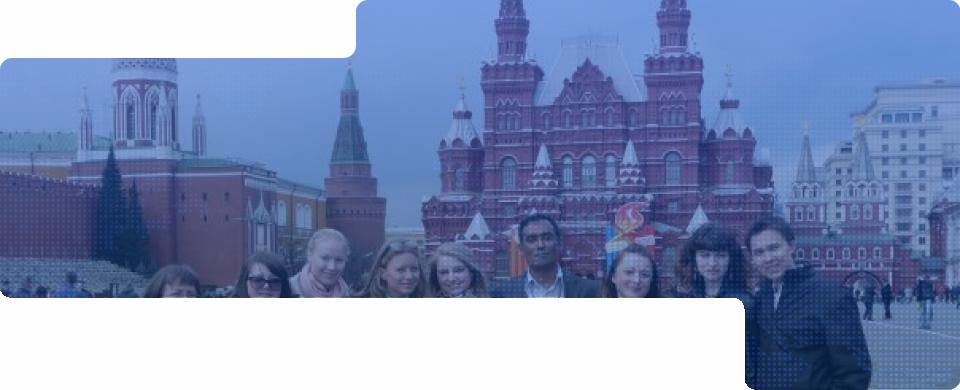
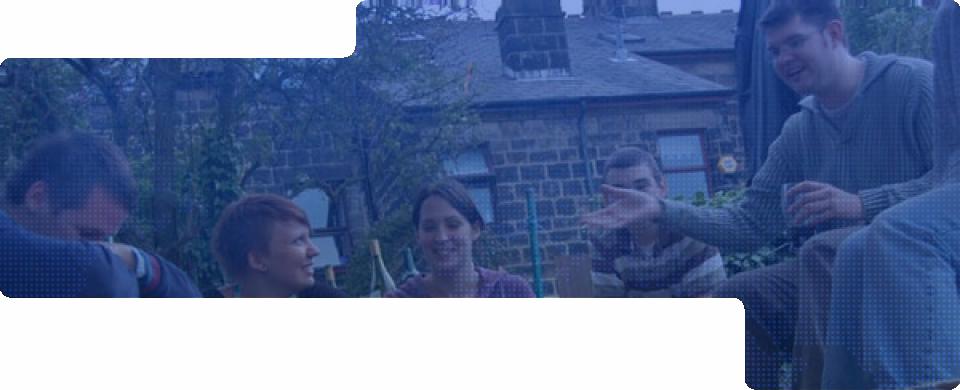
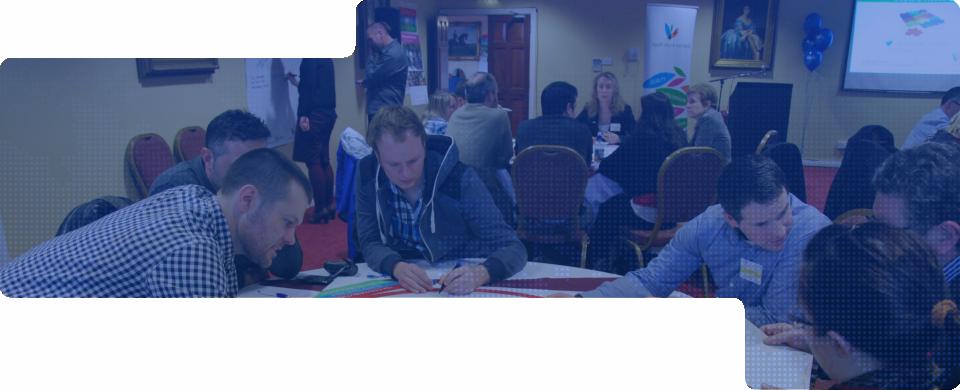
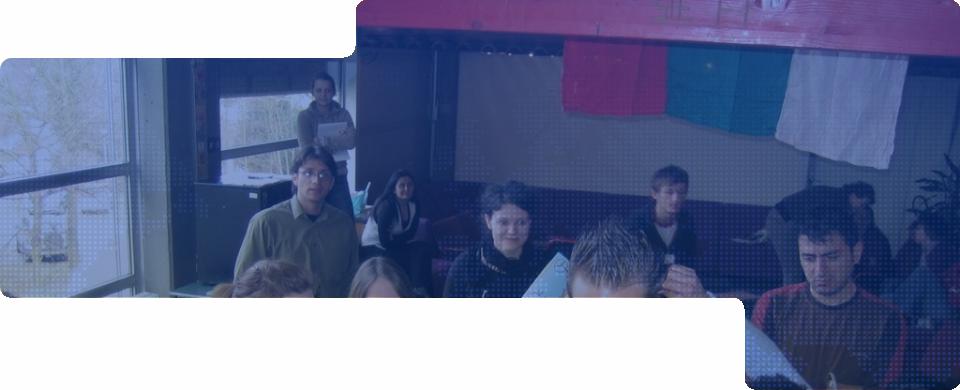
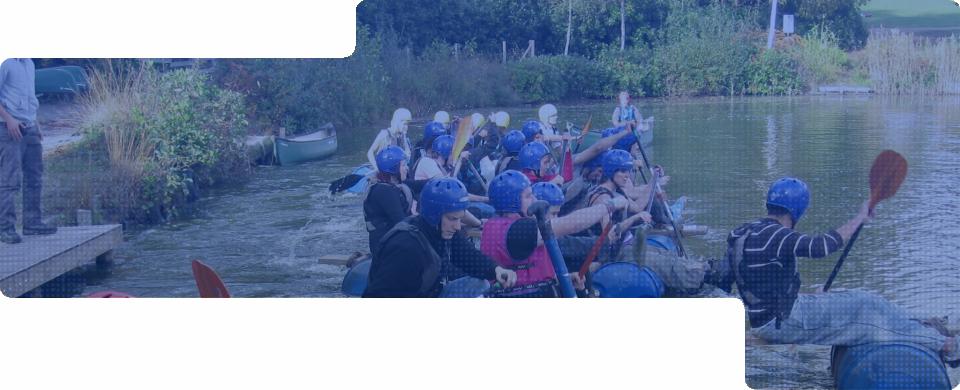
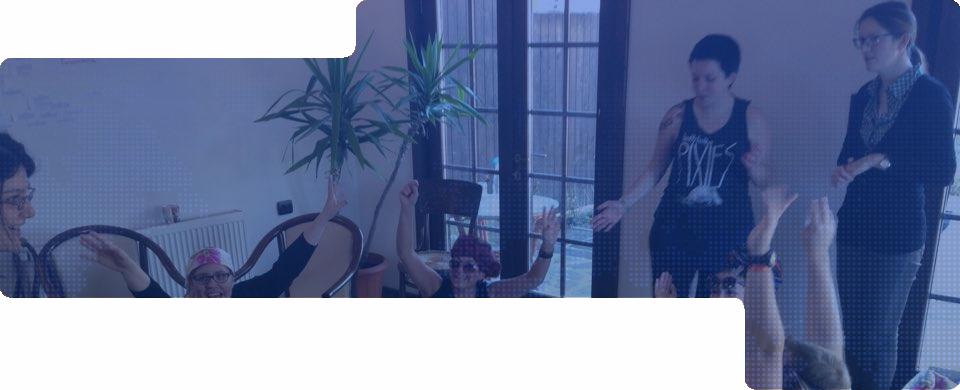
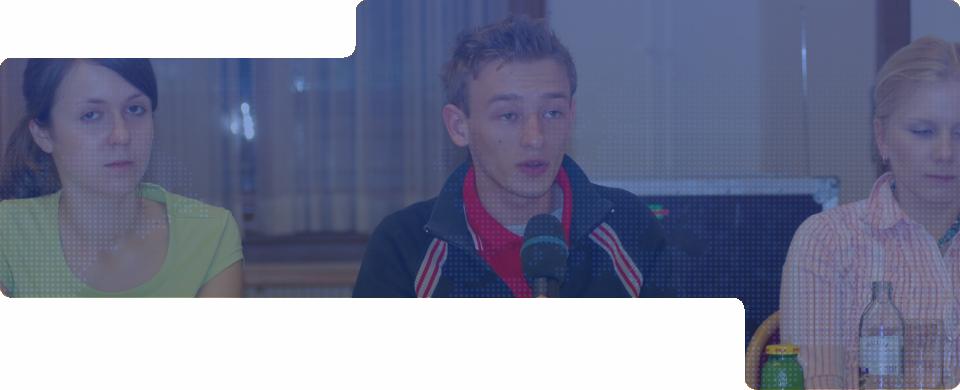
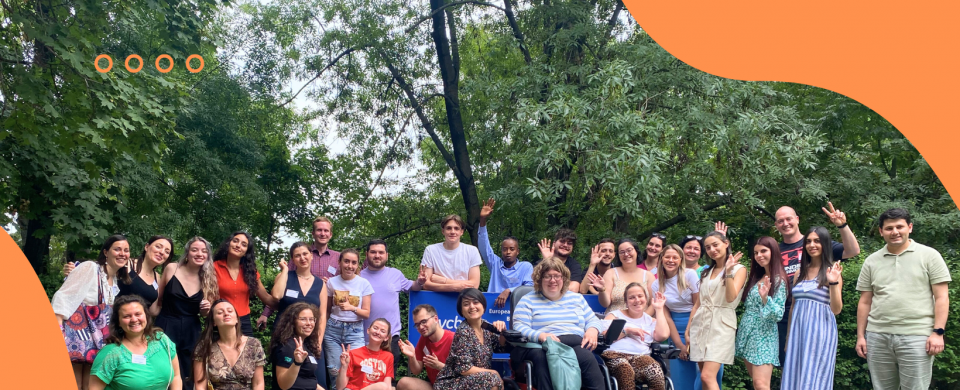

Add new comment